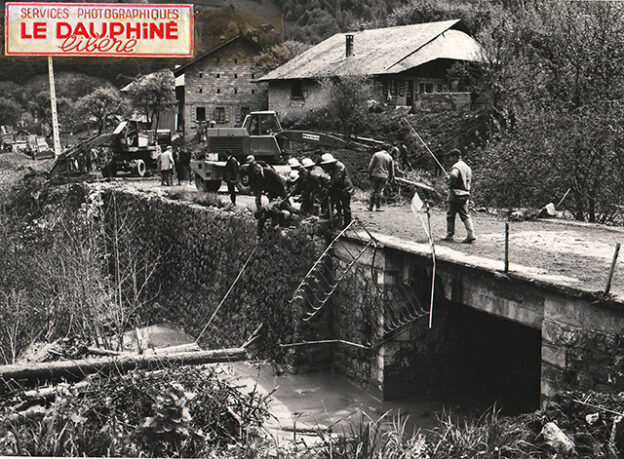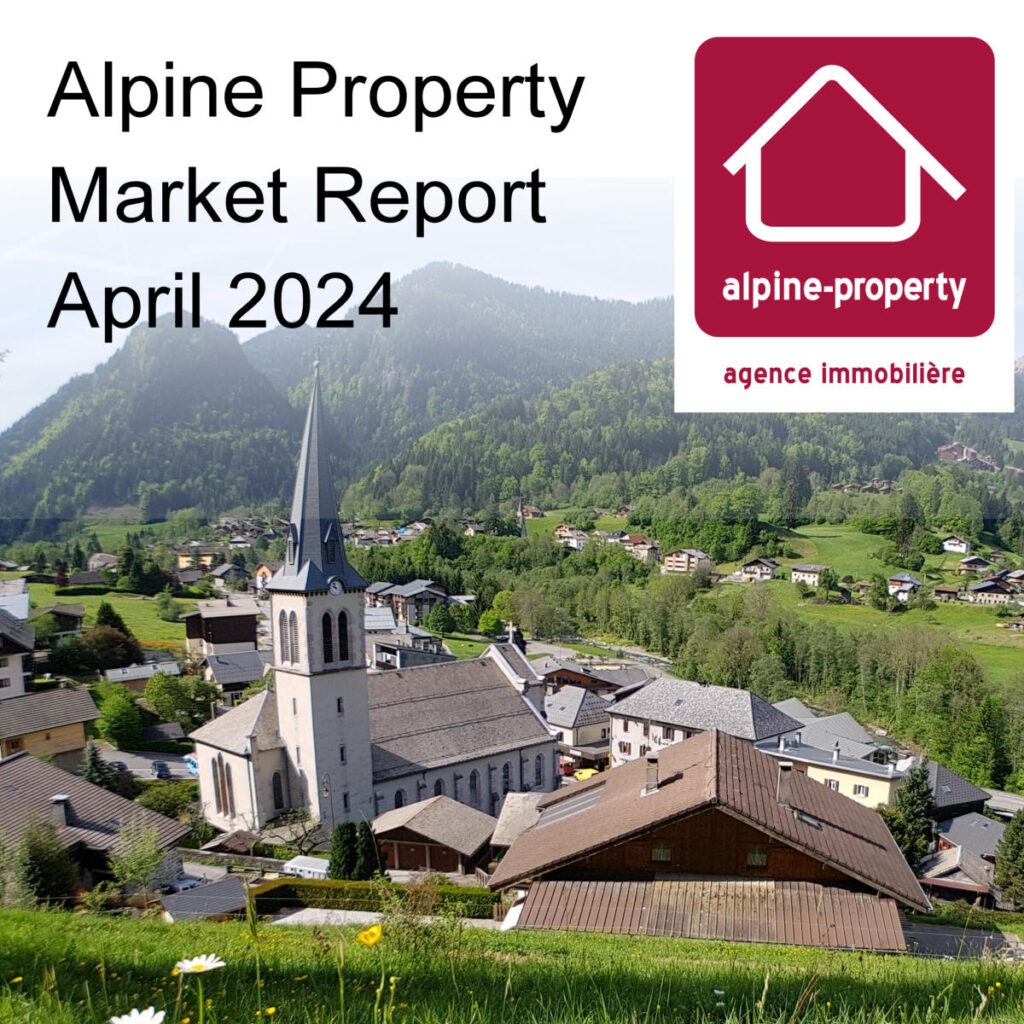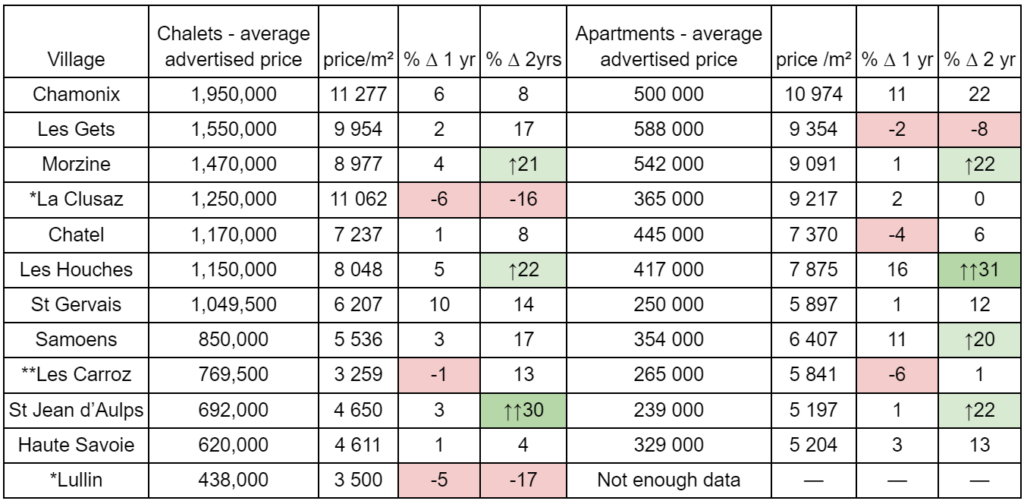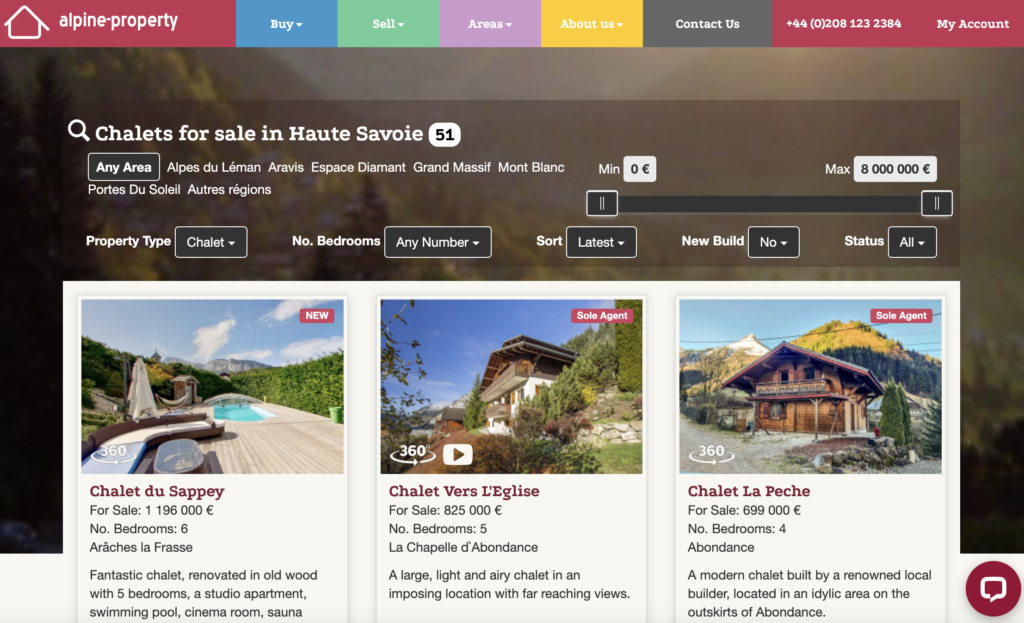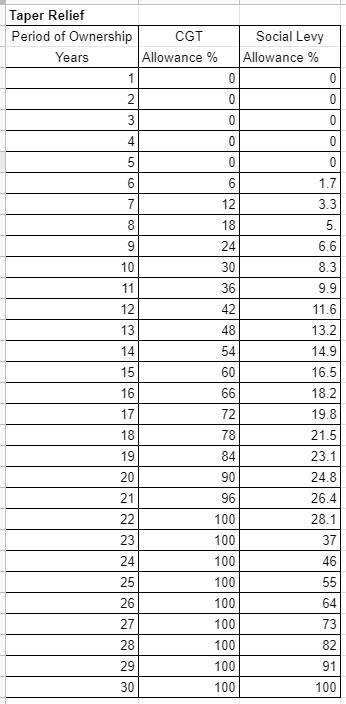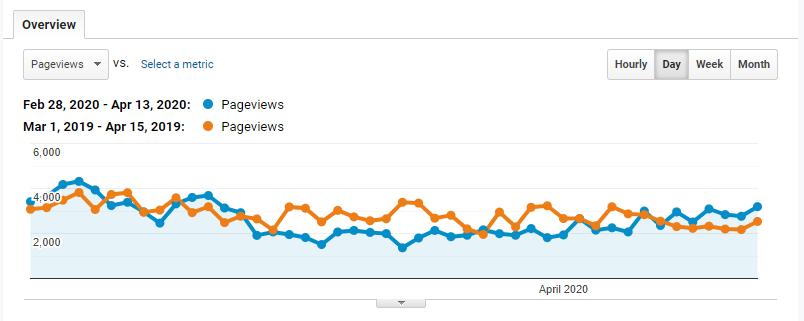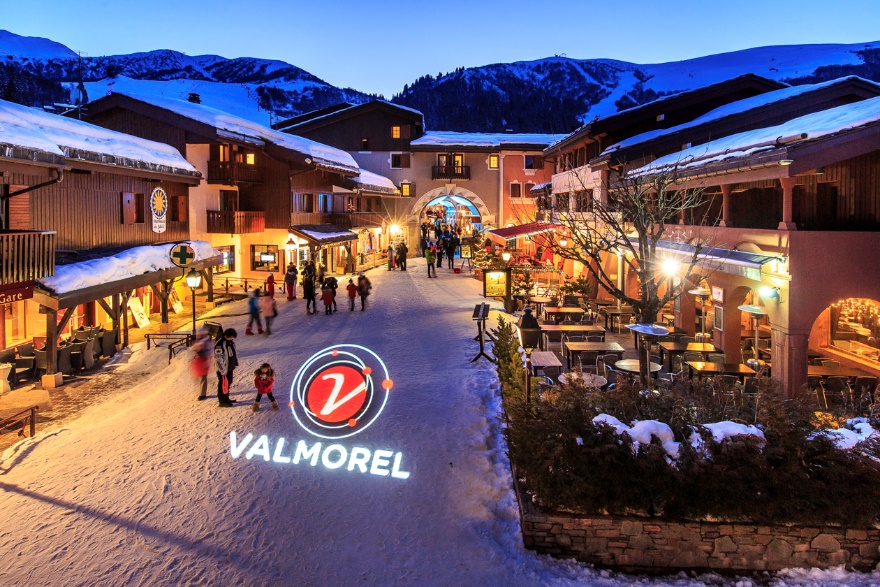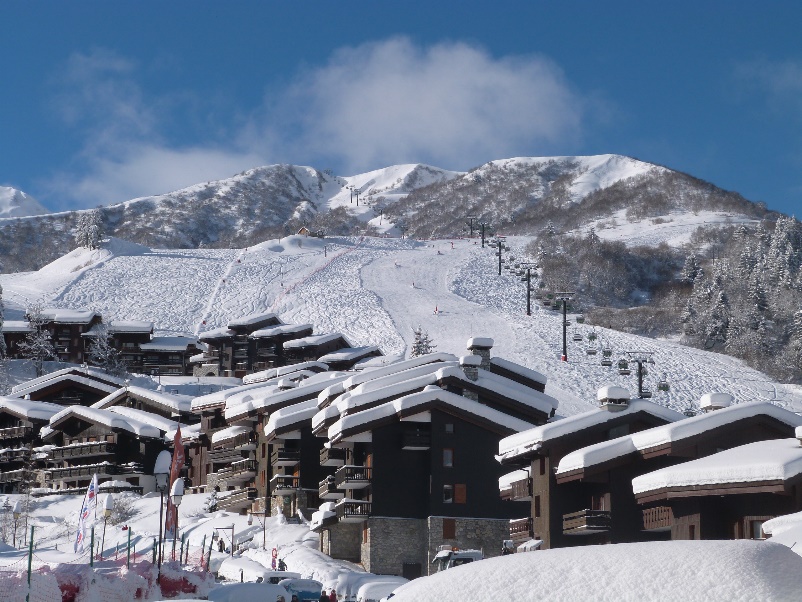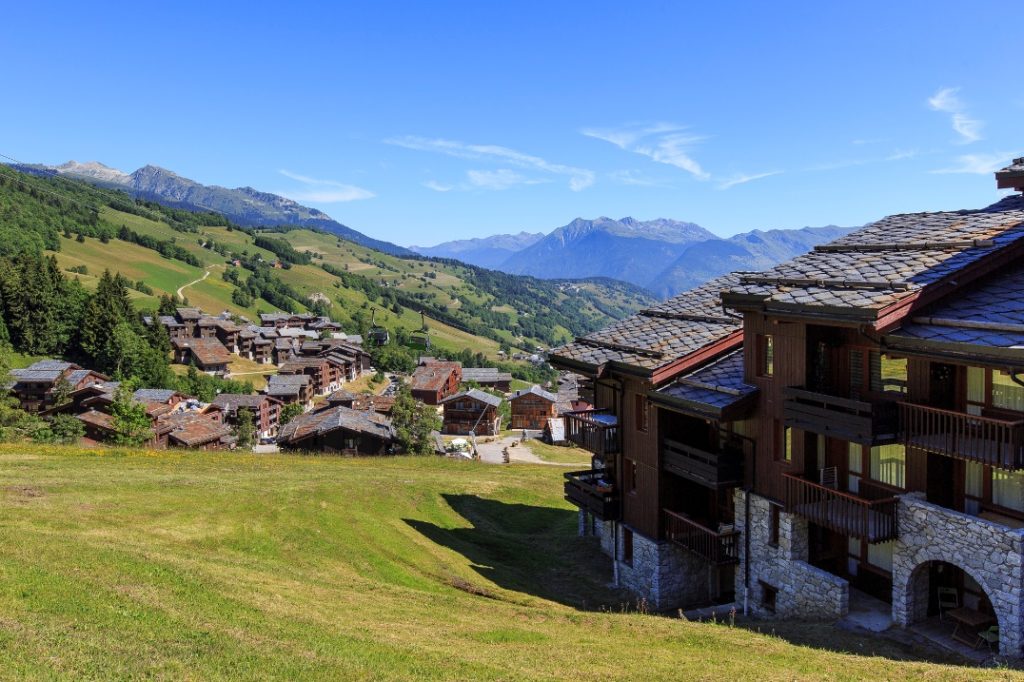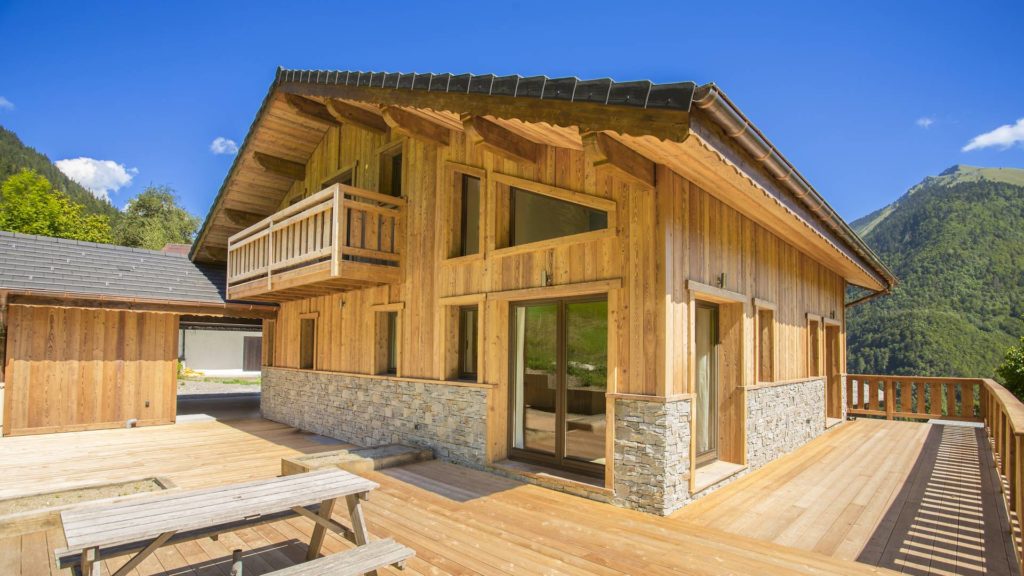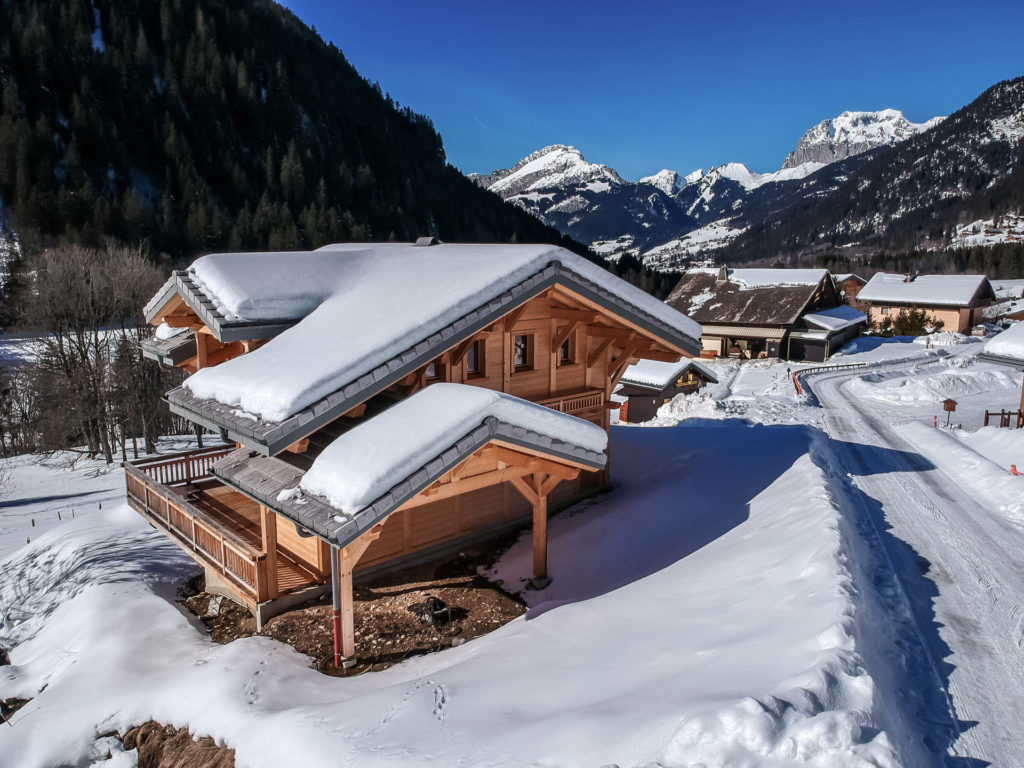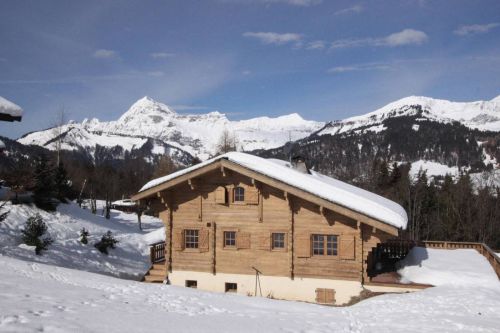Not far from Lac Léman, in the heart of the Chablais, lies the village of Saint-Jean-d’Aulps. Today, it’s best known for its proximity to the ski resorts of Morzine and Avoriaz — but in 1966, a mudslide slid down through the valley, leaving a lasting mark on both the landscape and those who witnessed it. What follows is a little history, and a reminder that for those who live in the mountains, nature always has the final say.
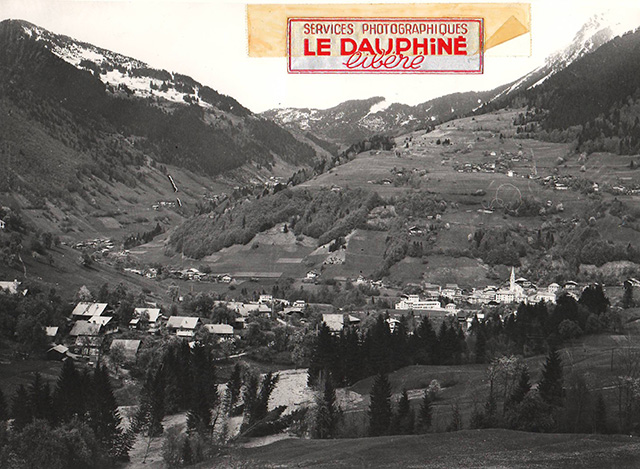
The Blue Zone
When we bought our house in Saint-Jean-d’Aulps 23 years ago, the notaire informed us it was in a “blue zone,” an area at risk of natural disasters. At the time, I didn’t inquire further, as my wife was expecting our first child (Jacques was born the next day), and I was focused on finalising the purchase of our new home. I initially assumed the risk was from avalanches, given the 900m mountain rising above our house. I reasoned that any such risk had likely passed; before the First World War, the hillside had been cleared for grazing, but since then, the farmers had largely abandoned the land, and the hillside had reforested. In my view, avalanches couldn’t originate in a dense forest.
Shortly after moving in, our neighbour, Mr Huneau, introduced himself. While not originally from the area, he had been the principal of the local school 20 years prior, making him well-known in the valley. He asked if I was aware of the historic flood and pointed to the river 200m below our house. He explained that a mudslide had occurred further up the valley, travelled down the river, and blocked the bridge not far from us, forming a lake that had engulfed part of our land. It was difficult to visualise what he described, so I didn’t dwell on it.
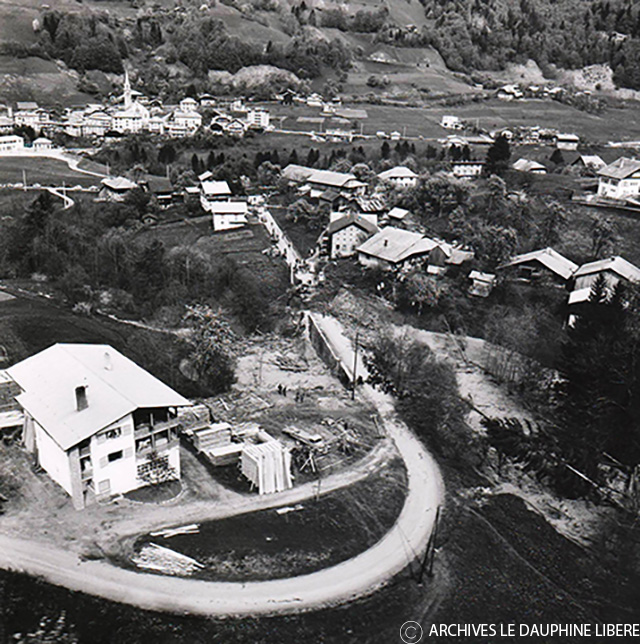
The 1966 Mudslide
It is now 2025, and the natural disaster Mr Huneau described happened at the beginning of May 1966, nearly 59 years ago. Over the years, I’ve heard accounts of this incident from various locals. Recently, one of them shared a series of photographs taken by the local newspaper, Le Dauphiné Libéré, at the time. They have given me permission to publish some of them here.
The scar left by the original landslide is visible when skiing the Saint-Jean-d’Aulps ski circuit. It’s on the left as you pass the Restaurant des Follys, and it’s marked on the IGN map as Le Covagny.
Flooding in April and May is not uncommon here. Wet periods combined with snowmelt can lead to such events. In this case, the river has carved a steep-sided valley, the terrain becomes waterlogged, and this can trigger a slide. As a walking guide trained in the region’s geology, the more I learn, the more concerned I become. Much of the local “bedrock” has a layered appearance, with layers of limestone and shale prone to sliding, similar to avalanches. This is called Flysch, a term not particularly helpful unless you’re a geologist. There’s also an abundance of clay, deposited in these valleys when they were flooded and formed a lake at the end of the last glacial period, 20,000 years ago. Add water, and you have an unstable combination.
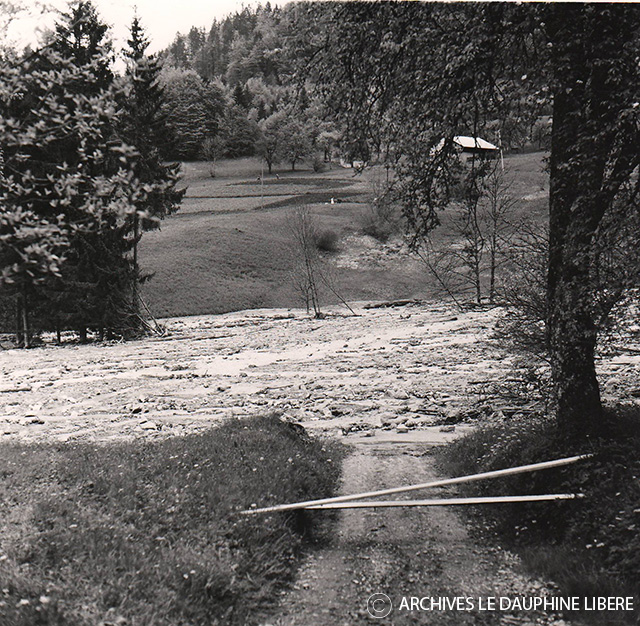
Lac de Vallon / Bellevaux
From what I’ve heard and read, the landslide occurred gradually, with a mass of mud and silt moving down the river, sweeping away smaller bridges and trees. When it reached the larger bridge in Le Jourdil, it became stuck, causing a mud lake to back up the valley. A similar event occurred 20 years prior (1943) on the other side of the Col des Follys, only 4 km away. That landslide created a new lake, Lac de Vallon, which still exists today. It is not a big leap to imagine that the same geological and meteorological conditions existed to cause that landslide.
Dynamiting the Gorges des Tines
The local authorities were worried that if the bridge at Le Jourdil was breached the slide would have continued down the valley to the Dranse. The next constriction in its path is the gorge the river flows through at the Tunnel des Tines. Apparently, the army was called in to survey the possibility of mining this gap to blow up the gorge. The constriction the Dranse passes through is only a few metres across and if this is blocked the damage to Saint-Jean-d’Aulps would become significant.
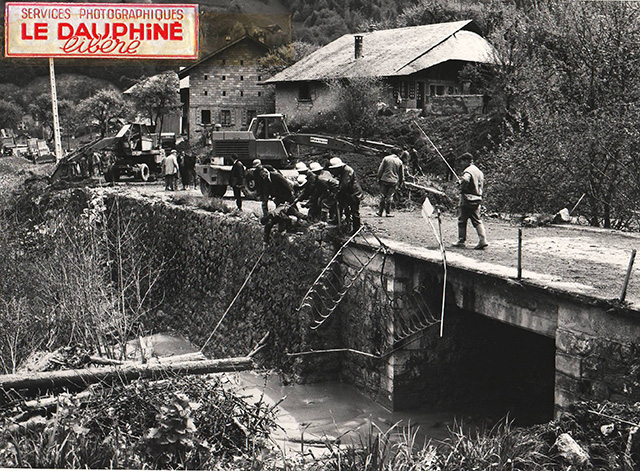
Nature Always Wins
This incident serves as a reminder that gravity and weather will eventually cause mountains to fall downhill, and those who live among them risk becoming a witness to the process.
If you are interested in what risks you may face in your French property, you can go to this handy website.
https://www.georisques.gouv.fr
Nowadays when you are browsing the web for a property in France, there will be a link to this website to forewarn you of the risks. When I put in my address apparently the risks we face are flooding, earthquake, landslip and avalanche!
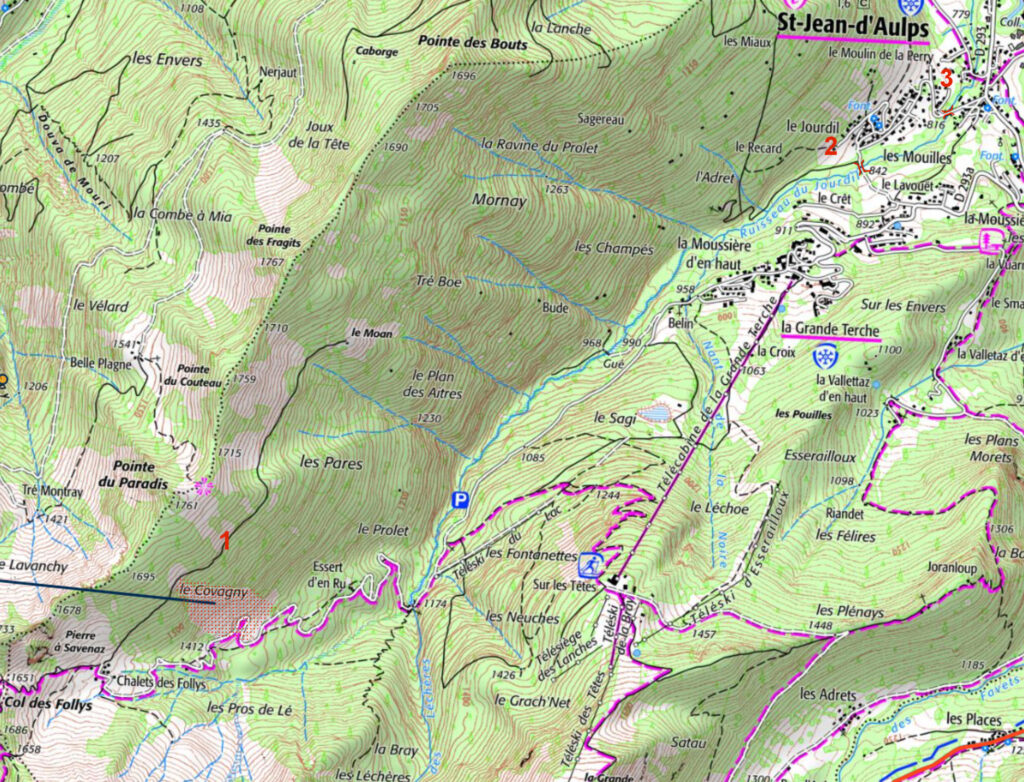
- Le Covagny, the site of the landslide is visible on the IGN map
- The bridge at Les Mouilles
- The bridge at Le Jourdil

